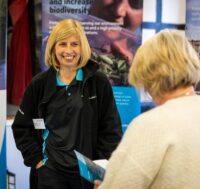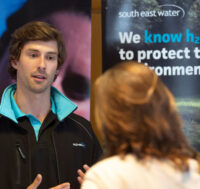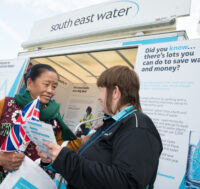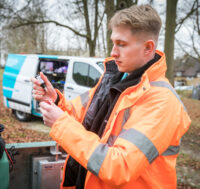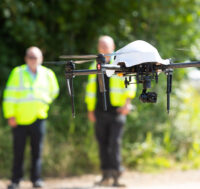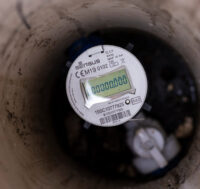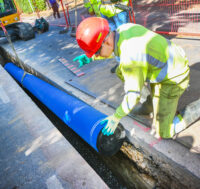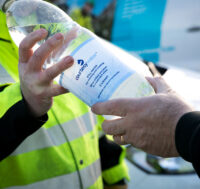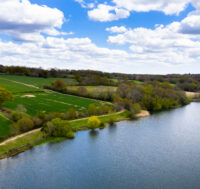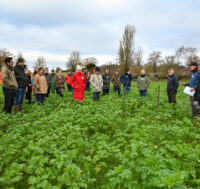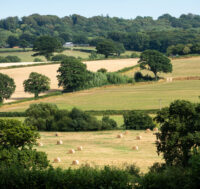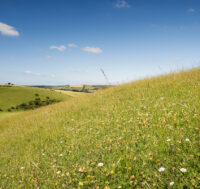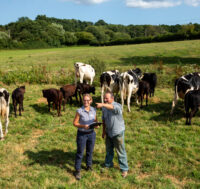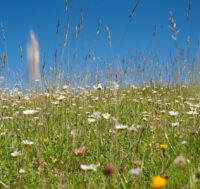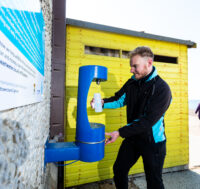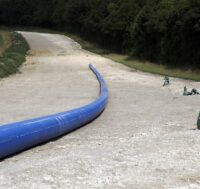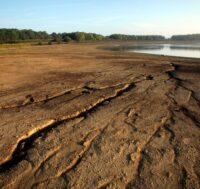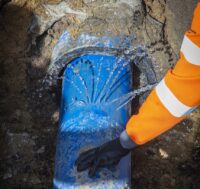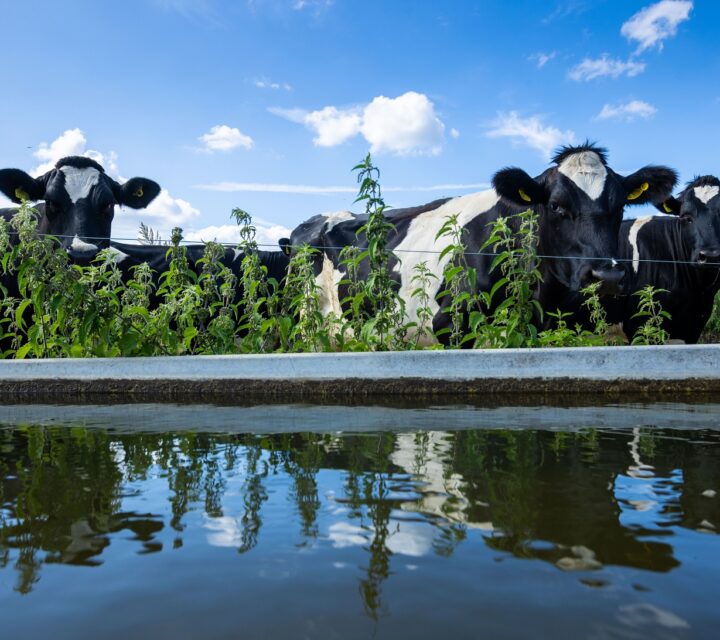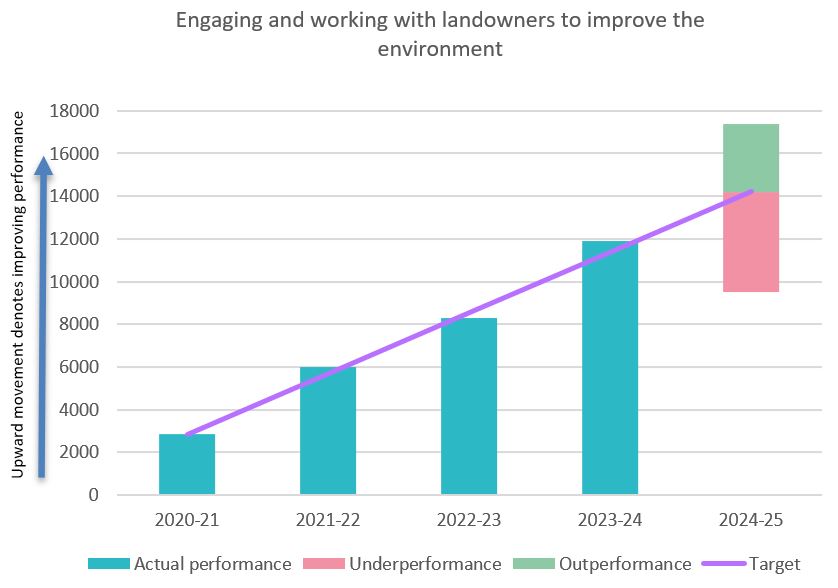
Our established Catchment Management Programme has been up and running since 2015 and have actively engaged with farmers and landowners to prevent pesticides, soil and fertiliser washing from fields into the rivers and aquifers we take water from.
Since 2015 we have administered grants and incentives totalling just over £75,000 to help farmers and land managers deliver environmental outcomes in priority drinking water catchments.
In areas of land which have been identified as being at risk of raw water deterioration, our target is to successfully engage with farmers and landowners through uptake of one or more of the following:
- Farm site audit
- Water efficiency and advice package
- Training package (e.g. on pesticide application)
- Pesticide calibration test
- Take up a biodiversity package
- Involvement in crop trials/other trials to improve water quantity or quality
- Payment to use alternative pesticides/products
- Payments of Ecosystem Services
- Capital payments to improve farm infrastructure
- Other engagement measures developed within the planning period and agreed with the Environment Agency.
Although our performance in this new measure will not be fully assessed until 2024/25 with underperformance payments or outperformance rewards, we targeted working with farmers and landowners who manage a total of 5,687 hectares of land during 2022/23.
How have we performed?
Performance in year four has continued to build on the stakeholder engagement and promotional activities delivered in previous years.
Our pilot projects have developed further however there’s been a notable slowing of interest from farm holdings, for example under our maize management project.
The feedback we’ve received from farm businesses suggests this is not due to one reason alone but rather a combination of factors affecting farm management and investment decisions.
In response, we have introduced new offers to try and unblock some of these barriers.
For example, we’re offering businesses on-farm water efficiency advice and capital funding for rainwater harvesting equipment which has helped our performance figures this year.
You can find out more about our environmental work here.


